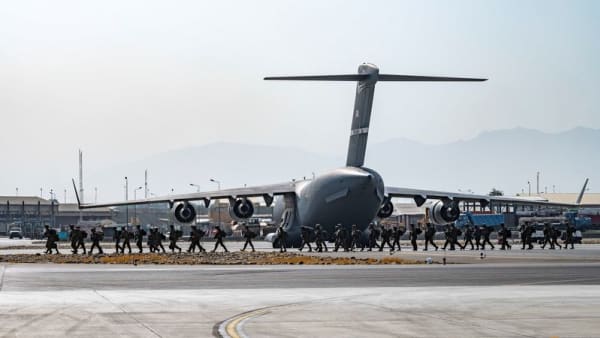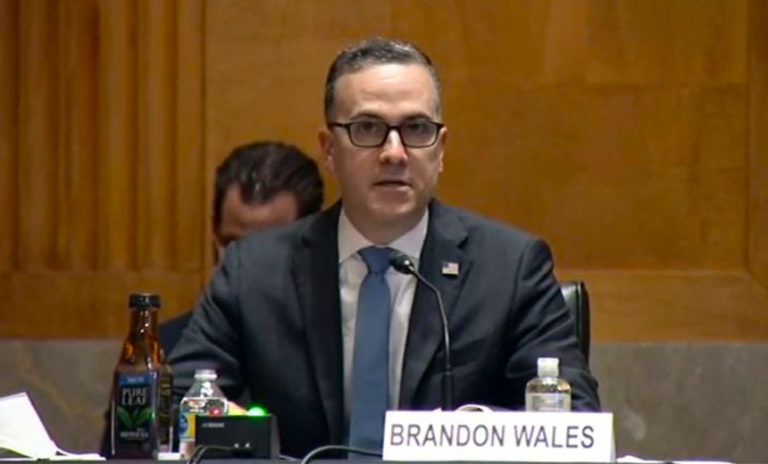US, Germany advise against travel to Kabul airport amid evacuation chaos
CRISIS MANAGEMENT
The Taliban official said the group planned to ready a new model for governing Afghanistan within the next few weeks, with separate teams to tackle internal security and financial issues.
“Experts from the former government will be brought in for crisis management,” he told Reuters.
The new government structure would not be a democracy by Western definitions, but “it will protect everyone’s rights”, the official added.
Baradar will meet militant commanders, former government leaders and policy makers, as well as religious scholars among others, the official said.
The delay in forming a new government or even announcing who will lead a new Taliban administration underlines how unprepared the movement was for the sudden collapse of the Western-trained forces it had been fighting for years.
The Taliban, whose overall leader Mullah Haibatullah Akhundzada has so far been silent publicly, must also unite disparate groups within the movement whose interests may not always coincide now that victory has been achieved.
The Taliban follow an ultra-hardline version of Sunni Islam. They have sought to present a more moderate face since returning to power, saying they want peace and will respect the rights of women within the framework of Islamic law.
When in power from 1996-2001, also guided by Islamic law, they stopped women from working or going out without wearing an all-enveloping burqa and stopped girls from going to school.
Individual Afghans and international aid and advocacy groups have reported harsh retaliation against protests, and round-ups of those who had formerly held government positions, criticised the Taliban or worked with Americans.
“We have heard of some cases of atrocities and crimes against civilians,” said the Taliban official on condition of anonymity.
“If (members of the Taliban) are doing these law and order problems, they will be investigated,” he said.







